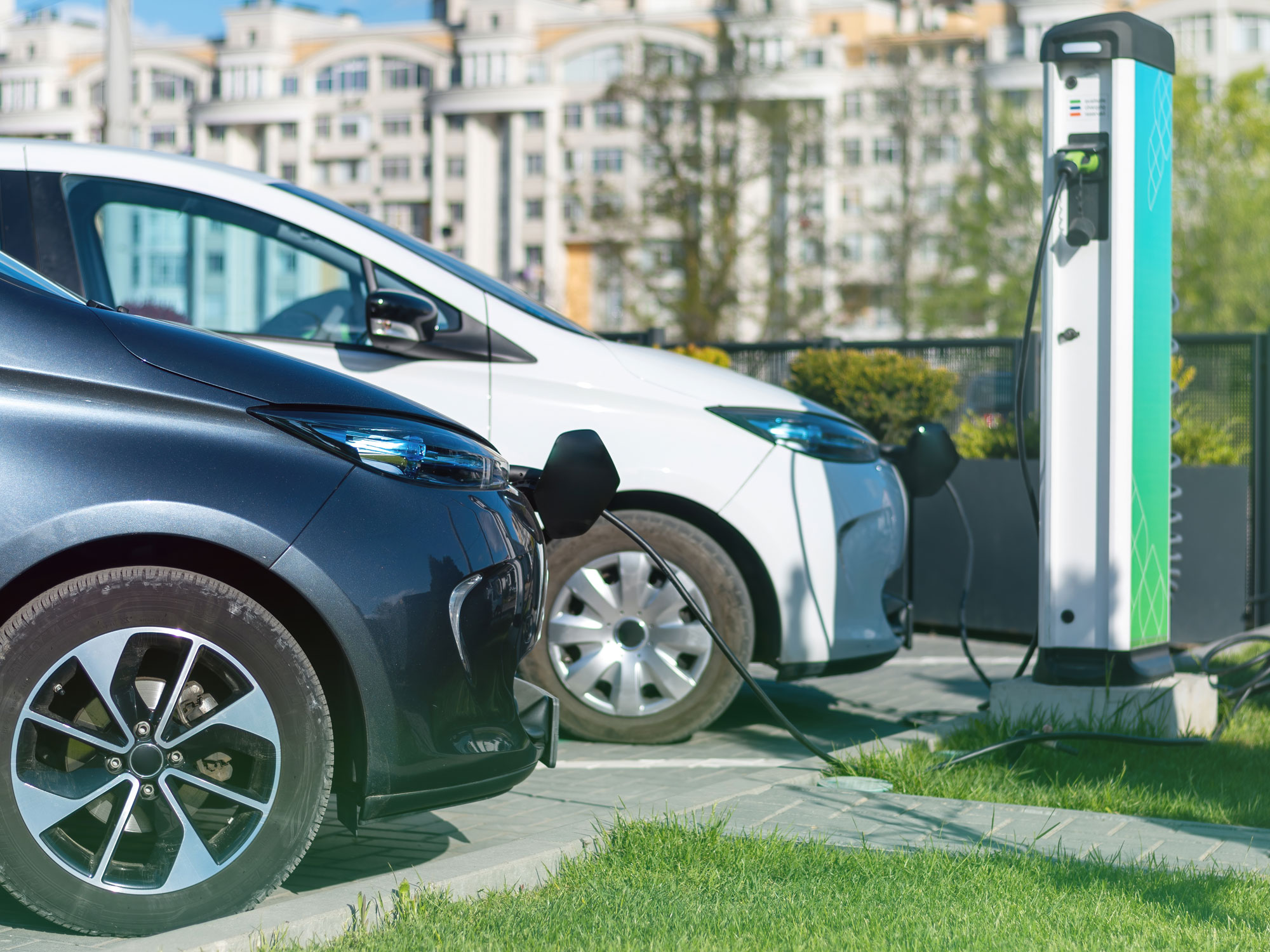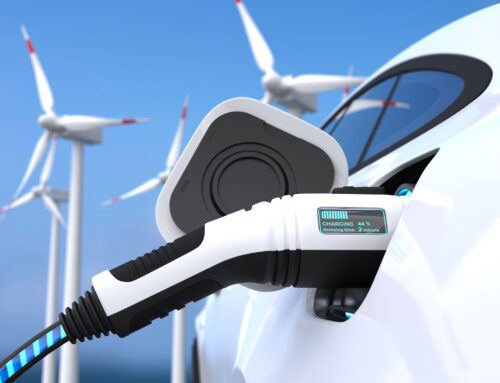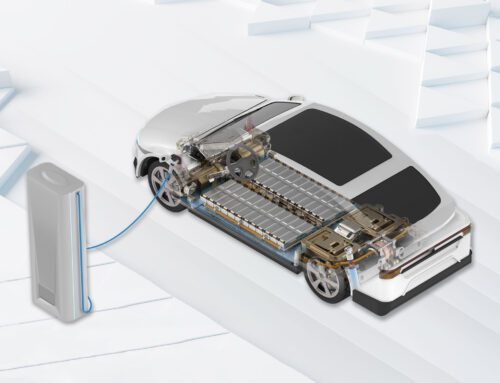Reuters reported that global automakers are going to spend $515 billion on electric vehicles and battery technology and manufacturing between 2026 and 2031. Since this summer, the American auto industry and battery makers jumped on board, deciding to commit more than $120 billion to U.S.-based electric vehicle and battery design, manufacturing, and distribution.
In other words, the automobile and trucking industries are poised to change.
A big reason for this upcoming shift is the recently announced government regulations for electric vehicles. Federal mandates are geared toward limiting tailpipe pollution, dictating how many vehicles sold will need to be electric. However, they are also setting standards for how many components will need to be made in the U.S. and how many chargers will need to be installed. Here is a breakdown of the new electric car requirements.
1. According to new government regulations for electric vehicles, huge percentages of new vehicles sold will need to be completely electric by 2032.
Electric vehicles are quickly becoming a more common sight. Nearly three million U.S. residents drive them. That number is expected to increase. Electric vehicle sales are forecasted to pass the one million car mark for the first time ever this year.
New EPA regulations are pushing automakers to make even more electric vehicles, setting benchmarks for sedans, SUVs, pickups, delivery vans, buses, and semi-trucks. By 2032, just over two-thirds of passenger cars, nearly half of medium-duty trucks, half of new buses, and a quarter of heavy-duty trucks sold will need to be electric or emissions-free. To meet the regulatory requirements, car and truck manufacturers will have to report to the Environmental Protection Agency (EPA) the emissions of all the vehicles they sell.
2. More than half of new electric charger components will need to be made in the U.S. by July 2024.
Government regulations for electric vehicles are now also focusing on the parts that go into electric chargers. The Federal Highway Administration (FHWA) is offering a public interest waiver, easing restrictions on the purchase of metals and other materials for electric charger manufacturing. The chargers will need to be manufactured by July 2024 and installed by October 2024.
3. A half million new electric chargers must be installed by 2030.
It’s no secret that consumers are concerned about the widespread availability of charging stations when they’re considering an electric vehicle purchase. In the interest of increasing consumer demand, the Department of Transportation announced a National Electric Vehicle Infrastructure program to facilitate a nationwide network of electric charging stations, increasing their locations by 500,000.
Prepare Your Gas Station for Upcoming Electric Car Requirements. Book Your Consultation with Financial Fuel Services Today.
Government regulations for electric vehicles can be complicated. Financial Fuel Services can help your gas station franchise adapt. Our team stays up to date with electric vehicle trends, including how they will impact the trucking industry, and electric car laws. It’s our goal to keep our clients ahead of the curve from consumer interest in electric vehicles to electric vehicle charger installation. Schedule a consultation with the team at Financial Fuel Services to learn how we can prepare your gas station for electric vehicles.





